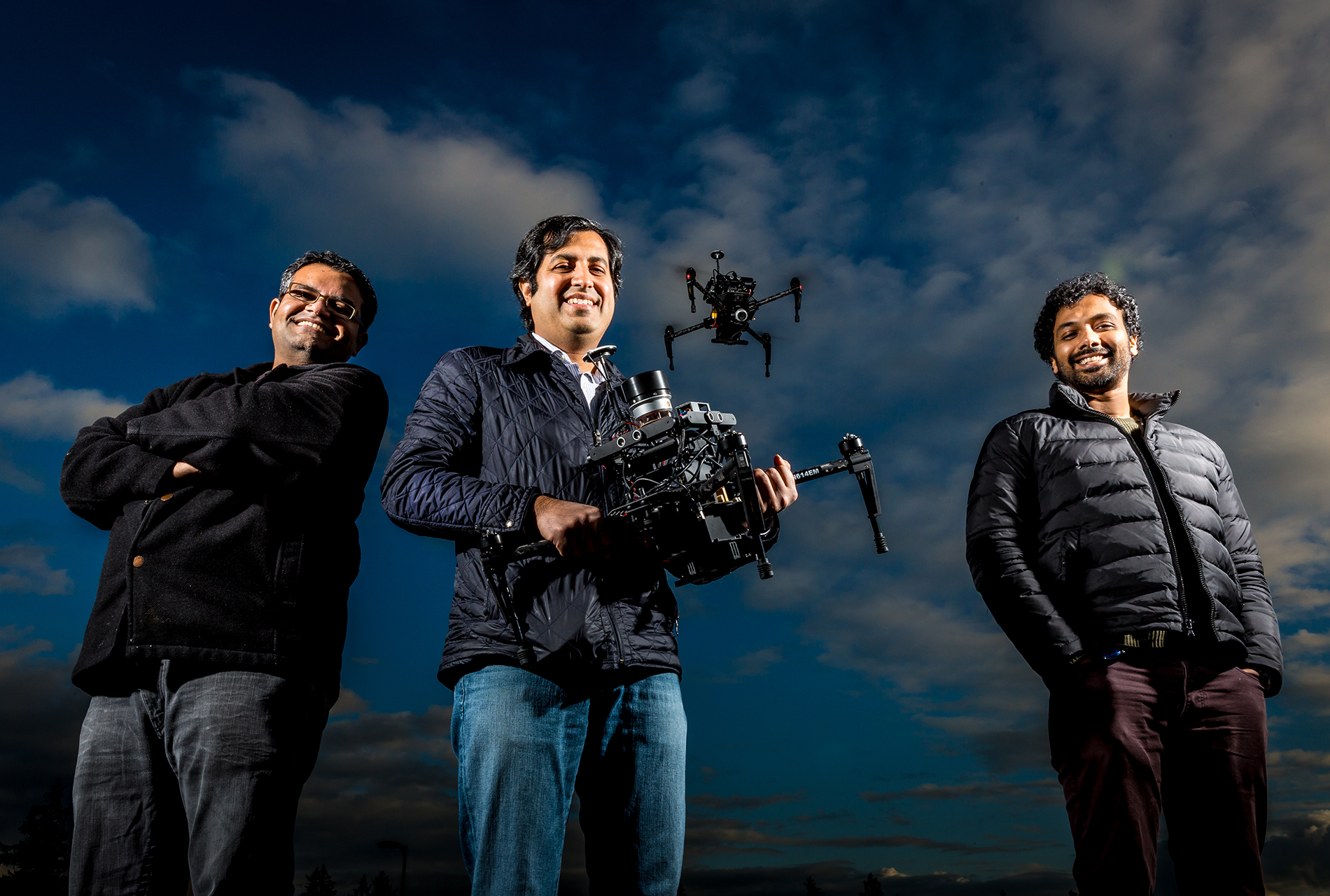
Microsoft wants to help developers test their autonomous solutions without having to worry about any real-world damage. The company has open-sourced AirSim, its simulator for autonomous vehicles.
AirSim is designed to provide a platform for AI researchers to experiment and test deep learning, computer vision and reinforcement learning algorithms. With AirSim, users can safely test their autonomous solutions without worrying about any real-world damage. Once they feel their solution is ready, they move on to real-world testing.
Unlike the self-driving car simulator from Udacity we featured last week, AirSim currently focuses on drones, with other vehicle support being added soon.
The project is part of Microsoft’s Aerial Informatics and Robotics Platform, designed to give researchers a way to write code and control aerial robots and gadgets. The simulator features modern photorealistic technologies, giving a more accurate look of the real world, and provides researches a safe, reliable and cheap way to test their systems.
With AirSim, researchers don’t have to worry about causing real damage, and it allows them to gather data faster. Microsoft is also providing a software library so developers can create code for DJI and MAVLink drones.
“The aspirational goal is really to build systems that can operate in the real world,” said Ashish Kapoor, the Microsoft researcher leading the project, in a statement.
Top 5 projects trending on GitHub this week
#1. Python: The programming language Python recently moved to GitHub!
#2. FreeCodeCamp: Surprised?
#3. Takeover.sh: Take over a running Linux system remotely with this script.
#4. Trump2Cash: A bot that tells you when Donald Trump tweets about any publicly traded companies and whether it is positive or negative.
#5. Awesome Deep Learning Papers: A curated list of the most cited deep learning papers.






